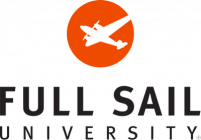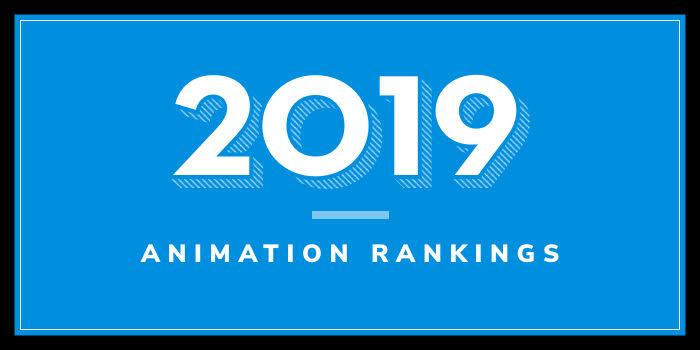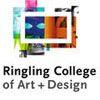Ringling College of Art and Design (RCAD) was established in 1931 by circus baron, art collector, and real estate developer John Ringling. The school opened with just 75 students and 111 course offerings. Today, RCAD serves 1,400 students enrolled in BFA degrees in eleven disciplines and BA degrees in two. Computer Animation, Film, Game Art, Motion Design, and Visual Studies are just a few majors.
The Computer Animation program is one of the most popular programs at RCAD, accounting for around 20% of the student population. Established in 1990, the BFA in Computer Animation allows students to do it all. Students learn to create characters and tell their stories, as well as design, paint, model, texture, animate, light, composite, and edit original films. The program also focuses on teaching students how to combine essential technical skills with conceptually original ideas that affect an audience emotionally, visually, and intellectually.
Course highlights include Computer Animation I-VI, Development of Art & Ideas, Drawing I-II, Figure Drawing I-II, Film & Narrative, Story Development I-III, Traditional Animation I-II, Visual Development for Computer Animation I-II, and Writing Studio. A BFA in Motion Design is also available. Students in the program study animation, concept design, storyboard art, videography, composition, sound design, and art direction. Course highlights include Animation, Animation Techniques, Contemporary Design Culture, Development of Art and Ideas, Drawing and 2D Design, Drawing and 3D Design, 4D Design, Motion Design, Professional Writing for Designers, and Writing Studio.
Students in the program will have the opportunity to work across many different fields with students of other majors and with actual, professional clients.
RCAD graduates have worked on every Oscar-winning animated feature since 2003, with 14 alumni working on 2016 Oscar winner, Inside Out and 21 working on 2017 Oscar winner Zootopia. Graduates have also gone on to work at Blue Sky Studios, Cartoon Network, DreamWorks Animation, Electronic Arts, Lucasfilm, Nickelodeon, Pixar, Sony Pictures Imageworks, Walt Disney Animation, and many others.







